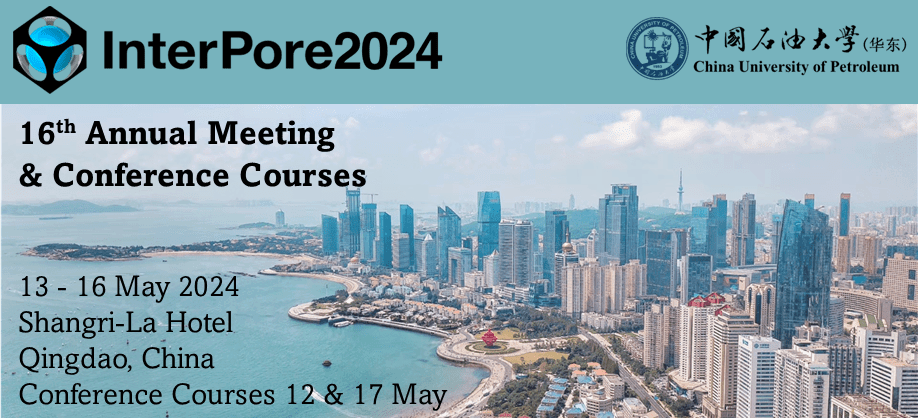Speaker
Description
Asphalt pavement is widely used in road construction due to its smoothness, wear resistance, and ease of maintenance, making it the most commonly chosen material. However, asphalt concrete exposed to the natural environment is susceptible to various external factors, resulting in different types and degrees of damage. This greatly shortens its service life and reduces the durability of asphalt pavement. Especially in coastal regions with seasonal freezing, salt spray, tides, and rainfall can all contribute to the penetration of salt into asphalt pavement through porous media. The inner salt will accumulate and dissolve, weakening the cohesiveness of the asphalt-aggregate interface and causing diseases such as spalling and pitting. In addition, the seasonal freeze-thaw cycle causes early damage to the asphalt mixture. Admixture is an effective means of improving the performance of porous asphalt mixtures. Efforts done by previous researchers have shown that ferrocyanide can inhibit salt crystallization and reduce salt erosion damage of porous materials. Basalt fiber and anti-stripping agent can improve the service performance of asphalt mixture. However, the effects of three additives on salt erosion and freeze-thaw coupling environments have not been studied, and their specific improvement effects are unclear.
This paper focuses on the damage resistance of asphalt mixture with crystallization inhibitor, basalt fiber and anti-spalling agent under salt erosion and freeze-thaw, respectively. The splitting tensile strength of asphalt mixtures with additives was tested after 15 cycles of salt erosion and freeze-thaw. We used X-ray computed tomography to analyze the initial internal structure after 0, 7, and 20 freeze-thaw cycles, as well as salt erosion. The effects of salt erosion and freeze-thaw cycles on asphalt mixtures with additives were evaluated through the analysis of changes in strength and internal structure. Based on the changes in internal structure, the performance enhancement of porous asphalt mixtures with additives was assessed using grey relation analysis and analytic hierarchy process analysis.
Results showed that the damage caused by salt spray erosion on the mechanical properties of asphalt mixture is greater than that of salt solution erosion. Compared to the AC-13 asphalt mixture, the SMA-13 asphalt mixture has better mechanical properties against the effects of freeze-thaw cycles and salt erosion. The performance improvement of asphalt mixture with a crystallization inhibitor is better than that of an anti-stripping agent and a basalt fiber asphalt mixture, respectively. The three types of additives only retard the evolution of internal structure and do not change the damaged formation of internal structure inside asphalt mixture under freeze-thaw cycles and salt erosion. The internal damage index of asphalt mixture with crystallization inhibitor is the minimum, indicating good resistance to freeze-thaw cycles and salt erosion. The combination of SMA-13 gradation and crystallization inhibitor was found to be suitable for designing asphalt mixtures in coastal seasonal frozen regions. The research results will help improve the level of construction and maintenance of asphalt pavement in coastal seasonal freezing areas, extend its service life, and save on maintenance costs.
| Country | China |
|---|---|
| Conference Proceedings | I am not interested in having my paper published in the proceedings |
| Student Awards | I would like to submit this presentation into both awards |
| Acceptance of the Terms & Conditions | Click here to agree |




.jpg)
